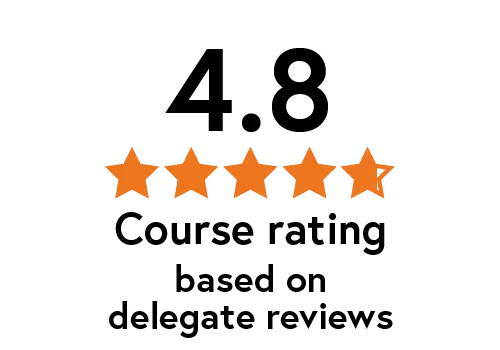
Railway Signalling and Control Systems training course
Date and location
29 September - 1 October 2026 (Part A: Theory) | Live virtual
6 October - 8 October 2026 (Part B: Practical) | In person, IET Stevenage, UK
IET Member:
To be confirmed
Non-member:
To be confirmed
The IET Railway Signalling, and Control Systems (RSCS) Professional Development Course is a six-day training session presented live by expert trainers who have worked on railway systems around the world.
The programme of this well-established course is updated year after year to provide you with the most up-to-date contemporary training on signalling and control systems.
This year, the course has been split into two parts giving you the option to attend the whole course (Parts A and B) or part of it (Part A or Part B).
Part A is live virtual and will cover the fundamentals of signal and control systems as well as, signal system design. Part B will be delivered in-person focussing on systems implementation and includes the technical visit.
This course is in partnership with IRSE, Institution of Railway Signal Engineers.
At a glance
Duration: six days
CPD hours: 48
UK-SPEC: A,B,E
Delegate rating: 4.8/5

UK-SPEC competencies: A, B and E
Competence A: Knowledge and understanding
For Chartered Engineers: “use a combination of general and specialist engineering knowledge and understanding to optimise the application of advanced and complex systems.”
For Incorporated Engineers: “Use a combination of general and specialist engineering knowledge and understanding to apply existing and emerging technology”
For Engineering Technicians: “Use engineering knowledge and understanding to apply technical and practical skills.”
Competence B: Design, development and solving engineering problems
For Chartered Engineers: “apply appropriate theoretical and practical methods to analyse and solve engineering problems.”
For Incorporated Engineers: “apply appropriate theoretical and practical methods to design, develop, manufacture, construct, commission, operate, maintain, decommission and recycle engineering processes, systems, services and products.”
For Engineering Technicians: “shall contribute to the design, development, manufacture, construction, commissioning, decommissioning, operation or maintenance of products, equipment, processes, systems or services”
Competence E: Professional commitment
For Chartered & Incorporated Engineers: “demonstrate a personal commitment to professional standards, recognising obligations to society, the profession and the environment.”
Engineering Technicians: “shall demonstrate a personal commitment to an appropriate code of professional conduct, recognising obligations to society, the profession and the environment.”
Don't just take our word for it…
"I took a great deal of information from the content presented and also made valuable industry contacts."
"Coming from the E&P team at Network Rail, I had limited knowledge of signalling before the course. The course description stated it was tailored to those who are new to railway engineering, and although it was an intense four days, the basics were covered at the beginning of the week, allowing me to understand the more technical presentations that were covered later on."
"The course met all my objectives and gave me the knowledge of railway signalling systems that I required."




